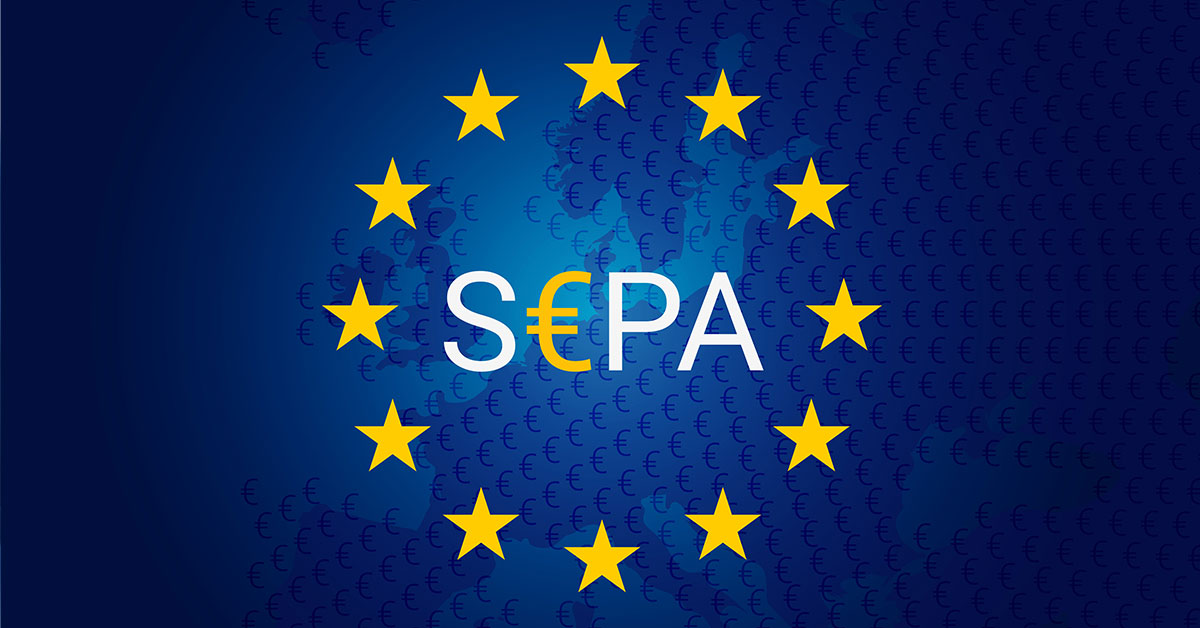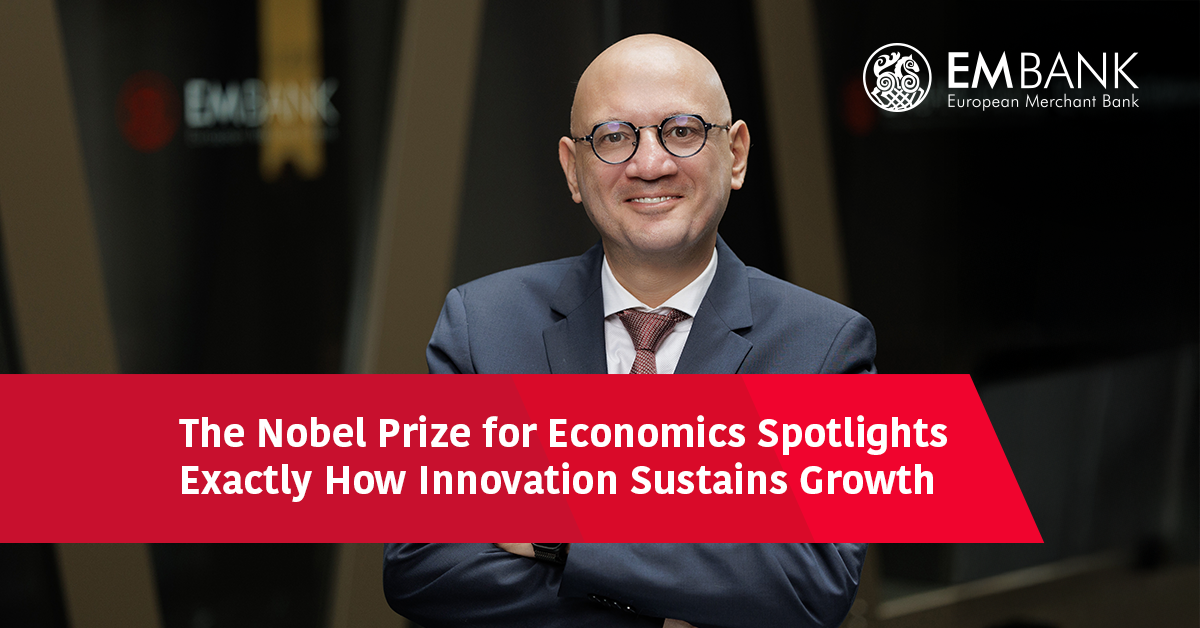As financial institutions expand their reach beyond national borders, the need for secure and efficient payment systems has become increasingly important.
That’s where Target2 comes in, providing a reliable platform for processing cross-border payments between Eurozone countries. With Target2, businesses can confidently transact, knowing that their payments will be processed quickly and securely.
In this blog post, we’ll dive deeper into the world of Target2 and uncover the mysteries behind this essential financial infrastructure.
What is Target2?
Target2 is a payment system used by central banks in the European Union. It facilitates cross-border payments between banks. Target2 is a platform where banks can settle payments.
The system has been in place since 2007 and has become essential to the EU’s financial infrastructure. Target2 processes more than 350,000 transactions every day, worth over €1.8 trillion. Its success has helped to strengthen the EU’s economic and monetary union.
How does Target2 work?
Target2 is a payment system that allows banks to transfer funds between each other quickly and securely. The system uses a centralized platform to process transactions, with each bank having its account within the system. When a bank initiates a transfer, Target2 debits the sending bank’s account and credits the receiving bank’s account.
This process happens in real-time, immediately ensuring the funds are available to the recipient. Target2 also provides settlement services, allowing banks to balance their accounts and ensuring the system remains stable and efficient.
Step-by-Step Breakdown of a Target2 Transaction
In detail, TARGET2 follows the five steps below to complete a transaction:
- Initiation: The transaction starts when the sender instructs their bank to initiate a Target2 payment.
- Processing: The sender’s and receiver’s banks process the transaction through the Target2 system.
- Confirmation: Once the transaction is complete, both banks receive a confirmation message in real-time.
- Settlement: The settlement of the transaction happens on the books of the central bank of the sender and receiver.
- Reconciliation: Both banks reconcile their books and update their account balances accordingly.
Key Features of Target2
Target2 is designed as an interbank payment system for large, cross-border transactions within the European Union. Here are some of its key features:
- Real-Time Gross Settlement (RTGS): Target2 settles payments on a real-time basis, meaning that payments are processed as soon as they are received.
- High-Level Security: Target2 uses advanced security measures to protect against fraud and cyber-attacks.
- Extensive Transaction Capabilities: Target2 can handle large payments, making it ideal for businesses and large institutions.
- European Wide Access: Target2 provides access to payment services across the European Union.
How Target2 differs from other payment systems?
Target2 is a payment system that differs from other payment systems in several key ways. Here are some of the key differences:
- European central banks use Target2 to settle large monetary transactions.
- Other payment systems like SWIFT are used for smaller transactions and international money transfers.
- Target2 is designed to be highly secure and reliable, with advanced encryption and authentication features.
- Unlike other payment systems, Target2 operates in real-time, meaning that transactions are processed and settled immediately.
Overall, Target2 is a vital part of the European financial system and is crucial in ensuring the stability and efficiency of monetary transactions throughout the region.
Advantages of TARGET2
As a reliable, safe, and fast payment system, TARGET2 offers many advantages:
Increased efficiency
TARGET2 is designed to handle high-volume and large-value payments in real-time, which means businesses can make and receive payments much faster and more efficiently.
Reduced risk
The system uses various measures to ensure that payments are secure and reliable, reducing the risk of fraud or errors.
Improved transparency
TARGET2 provides detailed payment information, including each transaction’s status, which helps businesses keep track of their finances more effectively.
Interoperability
The system can handle different currencies and payment types, making it a flexible option for businesses operating in multiple countries or regions.
Cost-effectiveness
The fees for using TARGET2 are generally lower than alternative payment systems, making it a cost-effective solution for businesses of all sizes.
Widespread acceptance
TARGET2 is used by over 1,000 banks across Europe, making it a widely accepted payment system for businesses operating in the region.
Integration with other systems
TARGET2 can be easily integrated with other payment and accounting systems, streamlining the payment process for businesses.
Centralized platform
TARGET2 provides a centralized platform for businesses to make and receive payments, simplifying the payment process and reducing the need for multiple banking relationships.
Real-time processing
TARGET2 processes payments in real-time, ensuring that funds are transferred quickly and securely between accounts. This is especially important for time-sensitive
How Can EMBank Help?
European Merchant Bank (EMBank) is a fintech-friendly challenger bank that can help fintech institutions expand their services in this expanding market. EMBank can advise fintech institutions on leveraging embedded finance technology to provide customer-centric financial solutions.
Established in Lithuania and licensed by the European Central Bank, EMBank provides a Banking as a Service offering, combined with Safeguarding Account, Business Account, and Accumulative Account types as well as payment options through SEPA, Swift, and Target2.
Please keep in mind that the above information has been prepared or assembled by the EMBank and is intended for informational purposes only. Some of the information may be dated and may not reflect the most current legal developments.
Please send an email to [email protected] to arrange a telephone call.




